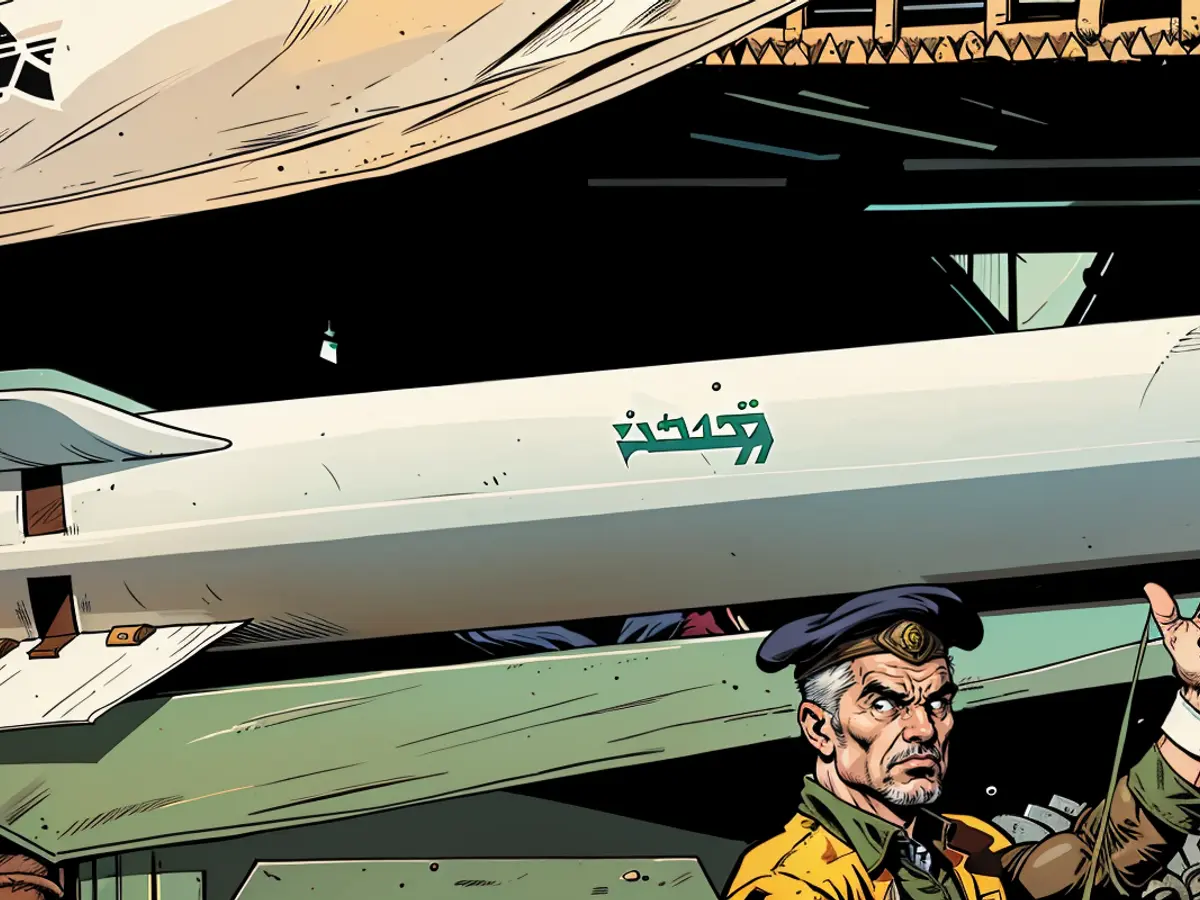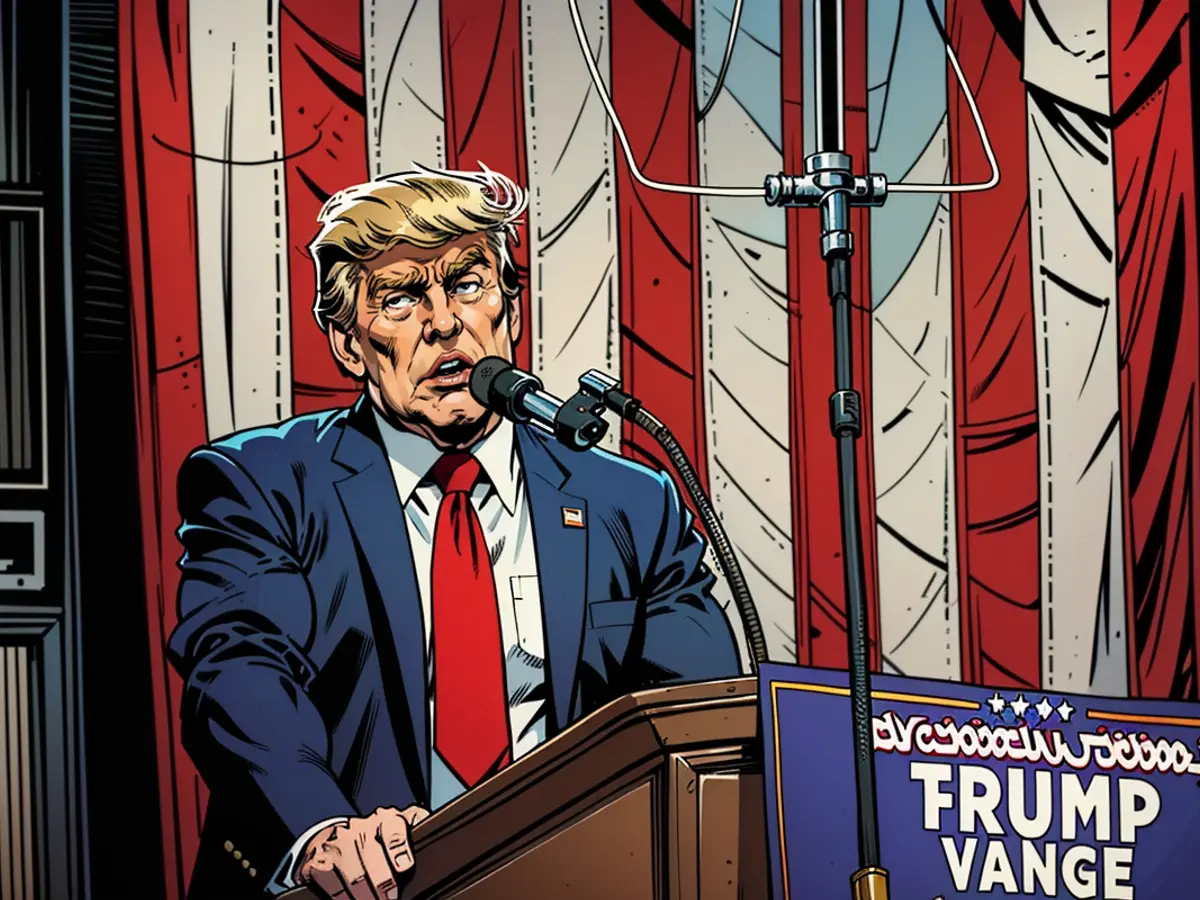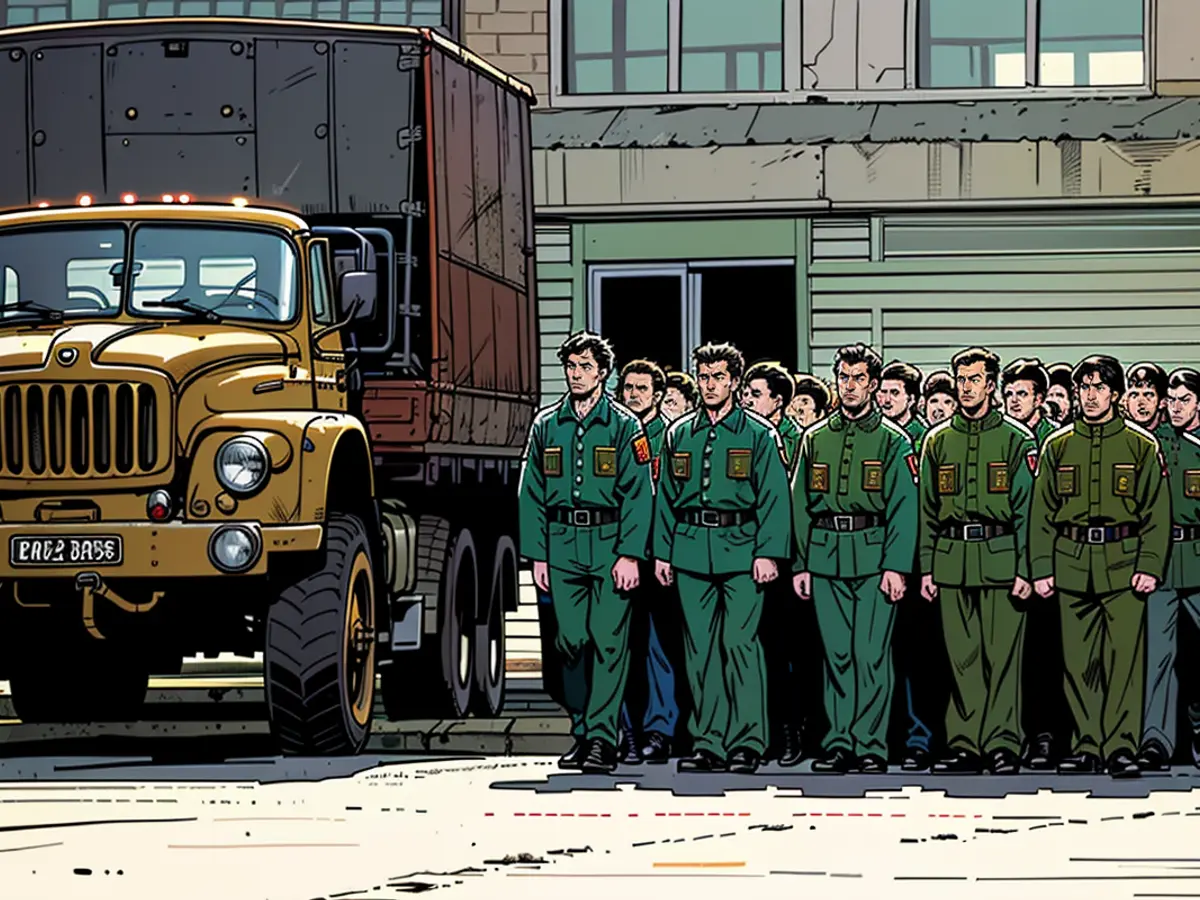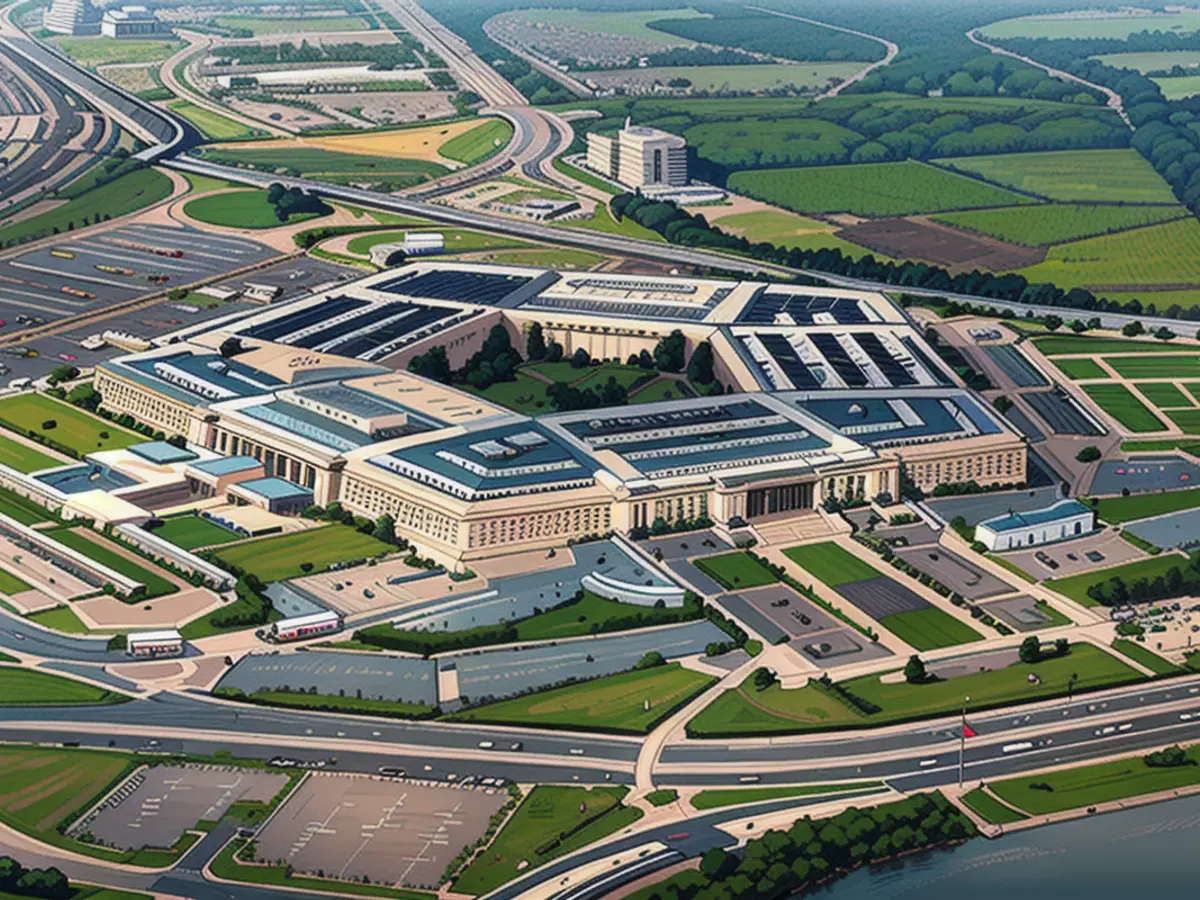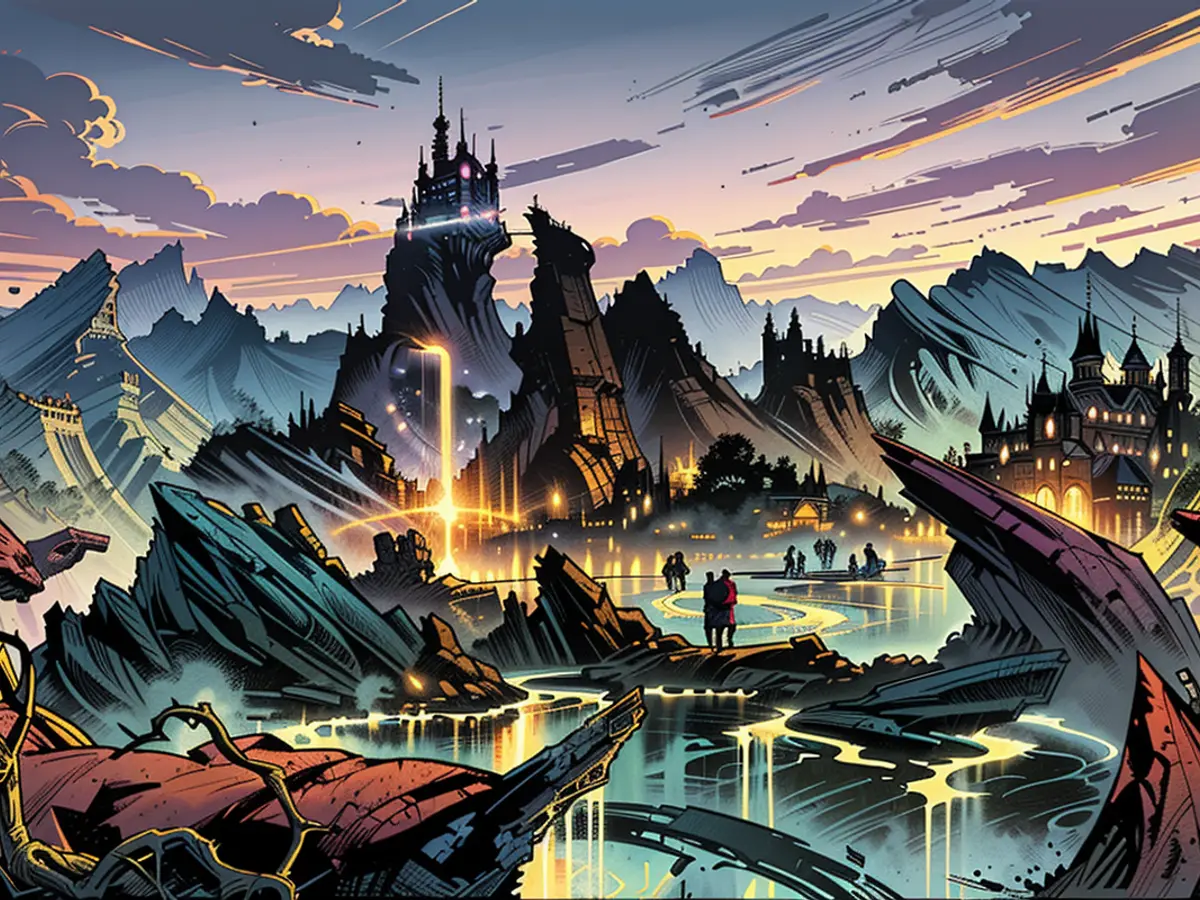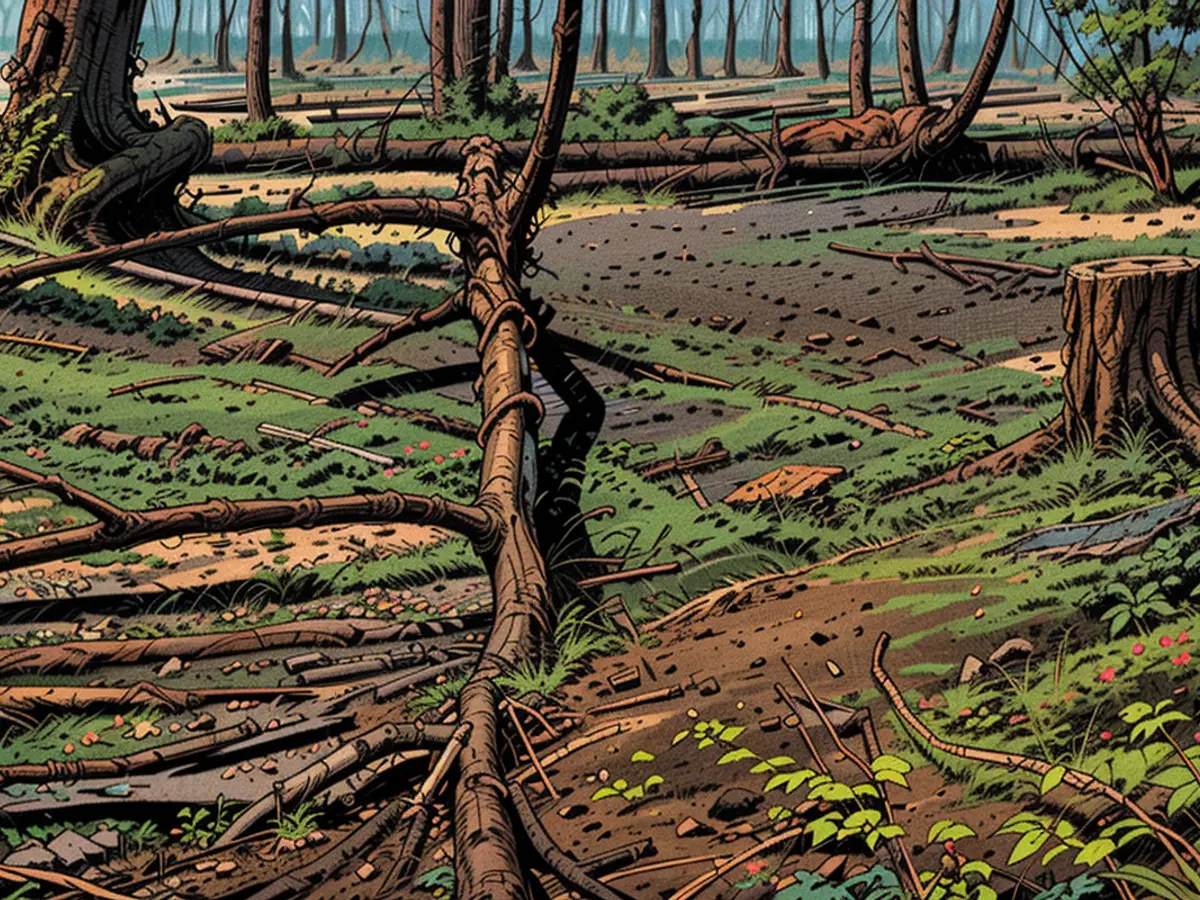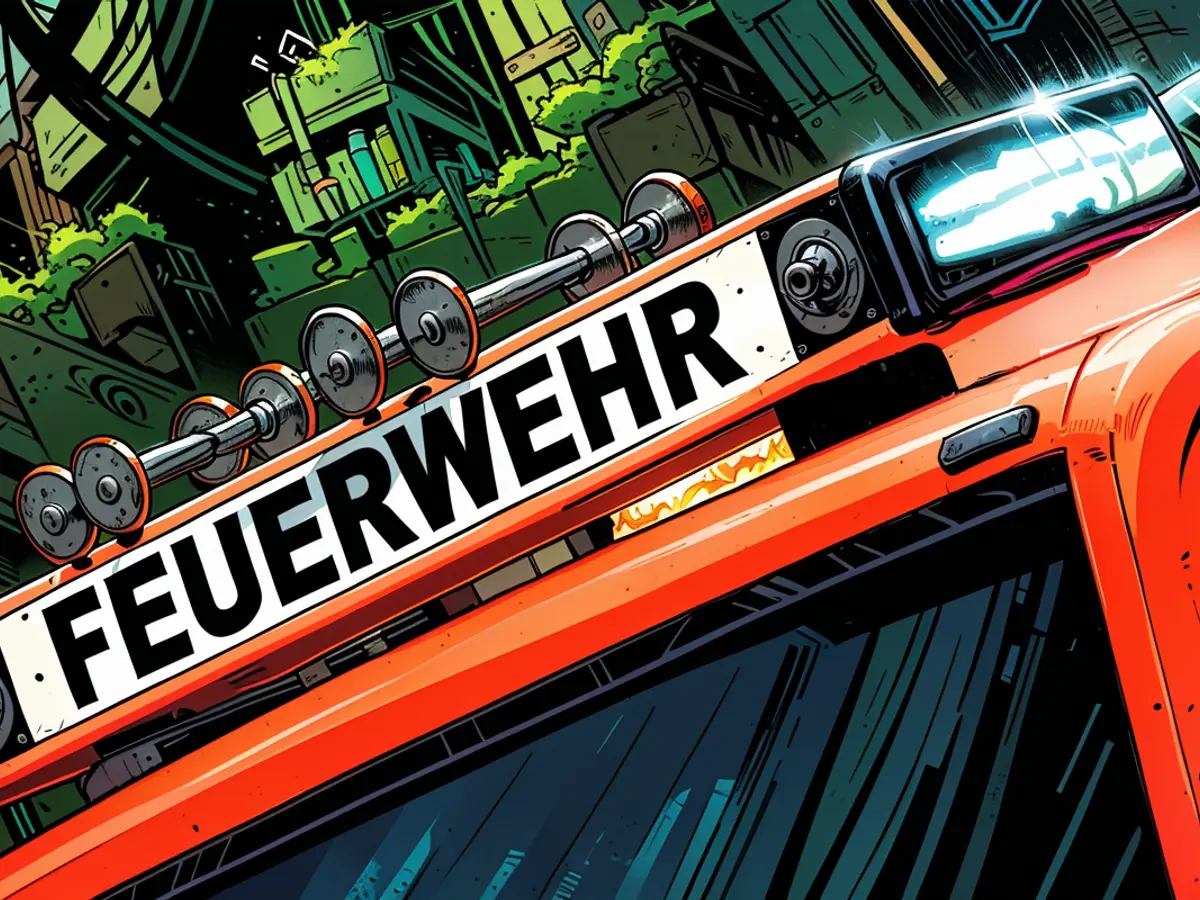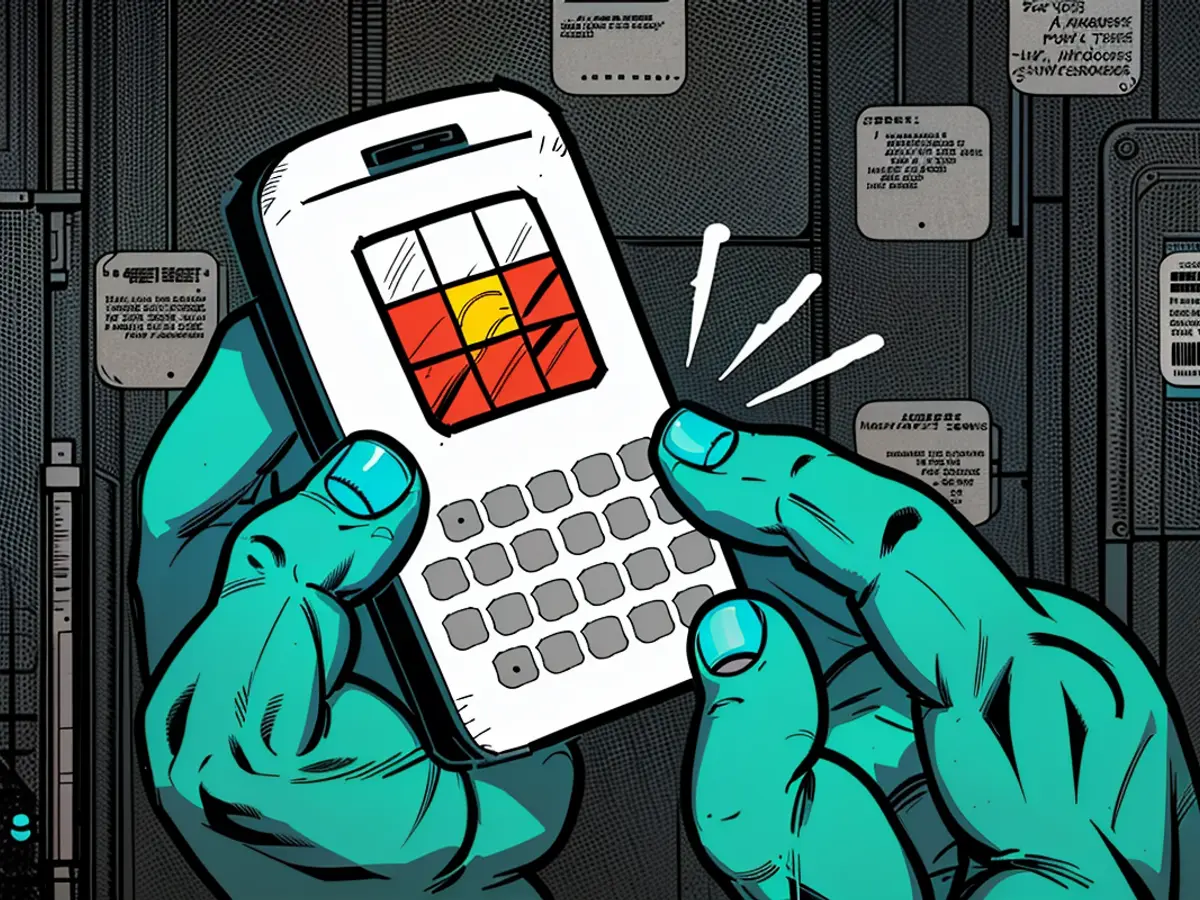- La diplomazia mediorientale si oppone all'espansione della guerra.
Dieci giorni dopo l'eliminazione di due alti esponenti nemici di Israele a Tehran e Beirut, rimane incerto se e quando Iran e il libanese Hezbollah attueranno la minacciata rappresaglia di grandi proporzioni contro Israele. Mentre la popolazione in Israele sembra immune, continuando le loro attività quotidiane, le forze militari del paese sono state in allerta per giorni. Gli Stati Uniti, l'alleato più importante di Israele, hanno dispiegato navi da guerra e aerei da combattimento aggiuntivi nella regione.
Nel frattempo, dietro le quinte, sono in corso intense attività diplomatiche per disinnescare la situazione esplosiva. Al centro di questi sforzi ci sono i negoziati indiretti tra Israele e il radicale islamico palestinese Hamas per porre fine alla guerra di Gaza durata dieci mesi e per ottenere la liberazione di più di 100 ostaggi trattenuti da Hamas. Gli Stati Uniti, l'Egitto e il Qatar sono mediatori in questi negoziati.
Una sessione di negoziati prevista per giovedì prossimo al Cairo o a Doha potrebbe essere decisiva. Si riferisce che sono in corso intense trattative su aspetti specifici dell'accordo proposto, come la futura sicurezza del confine tra la Striscia di Gaza e l'Egitto. Come ha scritto il giornalista israeliano Barak Ravid su "axios.com", i risultati della prossima settimana mostreranno "se la regione sta andando verso una guerra in escalation, infinita o se ci sarà un significativo cambiamento per la prima volta dal 7 ottobre (l'inizio della guerra di Gaza)". Gli ufficiali israeliani hanno descritto la sessione di giovedì come un "momento ora o mai più".
Il Hamas nella Striscia di Gaza è sostenuto dall'Iran. La milizia sciita filoiraniana Hezbollah ha lanciato razzi e droni contro Israele settentrionale dal'inizio della guerra di Gaza, sostenendo di farlo in solidarietà con Hamas. Passi sostanziali verso la risoluzione della guerra di Gaza assumono un significato aggiuntivo poiché Iran e Hezbollah hanno ripetutamente dichiarato di voler ridurre le ostilità contro Israele una volta che Israele porrà fine alla guerra a Gaza.
Il pericolo di un conflitto regionale è stato aleggiante dal momento in cui due figure di spicco di Hamas e Hezbollah sono state uccise in attacchi dieci giorni fa. Il capo degli affari esteri di Hamas, Ismail Haniyeh, è morto in un'esplosione nella sua stanza in una casa per ospiti del governo iraniano a Tehran. Fuad Shukr, una specie di capo militare di Hezbollah, è stato ucciso in un attacco con drone a Beirut alcune ore prima. Israele ha rivendicato la responsabilità dell'eliminazione mirata di Shukr, ma non ha commentato l'attacco su Haniyeh. both Tehran and Hamas believe Israel is behind the assassination. Iran and Hezbollah have threatened massive retaliation for both killings.
Israel and its allies believe they can intercept a large number of rockets, cruise missiles, and drones with modern defense systems. However, if many people are killed, Israel could retaliate with massive force, which could trigger an uncontrollable escalation and a large Middle East war, even if neither side intends this.
The biggest obstacle in Gaza talks recently was the unyielding stance of Israeli Prime Minister Benjamin Netanyahu. With ever new demands, he had blocked steps towards an agreement, even alienating the USA and top brass of his own security apparatus, who participate in talks based on Netanyahu's instructions. Netanyahu governs in a coalition with right-wing and ultra-religious parties, who threaten to topple the government if he makes concessions to Hamas.
Thousands demonstrated in Tel Aviv and other Israeli cities for a Gaza agreement that could lead to the release of 115 hostages held by the Islamist Hamas. "This is our last chance to reach a deal that saves lives," said the mother of a captive at the Tel Aviv rally. "Netanyahu continues to put hostages' lives at risk to keep his seat," she told Haaretz. Further protests were reported in Jerusalem, Haifa, Beersheba, and outside Netanyahu's private villa in Caesarea.
On October 7, 2021, Hamas and other groups from Gaza Strip attacked southern Israel, killing over 1,200 people and taking 250 as hostages. This unprecedented massacre sparked the Gaza War, in which Israel aims to dismantle Hamas and other militant groups in the Gaza Strip.
During a brief ceasefire, over 100 hostages were released, mostly women and elderly. Released hostages reported inhumane conditions, deprivation, violence, and psychological terror. Hamas still holds 115 hostages, with Israel declaring 41 dead. Many more may not be alive.
An Israeli airstrike on a school building in Gaza City killed dozens on Saturday, according to Palestinian reports. A Hamas-controlled Palestinian Civil Defense spokesman said at least 93 died in the building used as a refugee shelter. The Israeli military confirmed the strike, targeting a Hamas command center in the building. At least 19 Hamas and Islamic Jihad commanders and fighters were killed.
Witnesses reported the strike occurred during morning prayers, with the prayer room targeted as it was used by militants. The Israeli Air Force used small-caliber rockets, which could explain the relatively low death toll. Neither side's claims could be independently verified.
EU foreign policy chief Josep Borrell expressed horror at the attack. "At least ten schools have been targeted in recent weeks. There is no justification for these massacres," he wrote on X. The US government expressed "deep concern" over reports of civilian casualties. "We are in touch with our Israeli counterparts, who said they targeted senior Hamas officials, and we seek more details," a National Security Council spokesman said.
The Commission has been closely monitoring the situation in the Middle East, particularly the ongoing indirect talks between Israel and Hamas. The international community, led by the Commission, is urging all parties involved to exercise restraint and promote peace negotiations.
